Health
Edit Your Past and Create a New Future – Prof. Jacob Raju
Published
1 year agoon
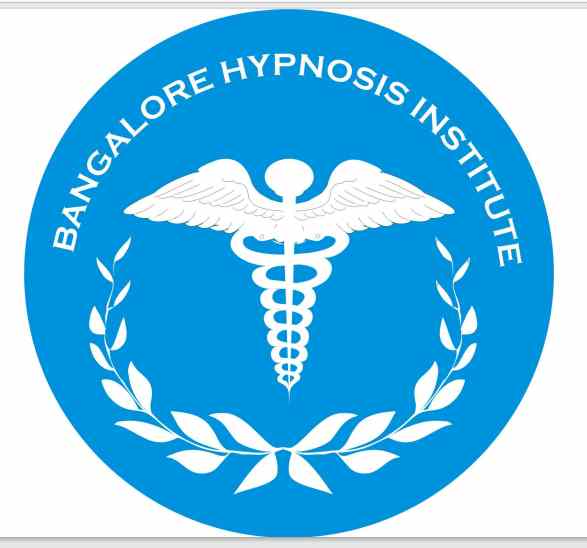
An Interview of World Humanity and Peace Award Winner Prof. Jacob Raju
Name: Jacob Raju
Qualifications:
BSc in Biology
MA in French Literature;
Post Graduate Diploma in French from France
Certified trainer in Modern Hypnosis, trained by California Hypnosis Institute
– NLP Master Practitioner, trained by Richard McHugh, USA
– Licensed NLP Business Coach, certified by Richard Bandler, USA
Experience:
– 27 years of experience as a professor of French in St. Joseph’s College, Bangalore
– 16 years of experience as a Hypnosis Trainer and therapist
– 7 years of experience as NLP Business Coach
– 5 years of experience as Neuro-Counsellor, which is non-invasive, faster and more effective.
Areas of interest: training, therapy and Neuro-counselling
Q: Tell us about your Contribution to the society
- Empowering people to achieve excellence in personal and professional life by helping them to change the way they think and respond to different situations in life
- Helping people with problems in marital relationship and enabling them to take control of their environment
- Lending a hand to people who are unable to come out of their addictions on their own
Q: How did you plan to be a Mental Health Expert/Healer/Counsellor, what was the key challenge?
Once I was sitting in the common staff room, in St. Joseph College, Bangalore, where I was teaching, one senior professor asked me whether I speak English. I said yes, and enquired why he asked me that question. He said that he did not see me talking to others. That made me realise that I should do something about it.
So, I began to attend personality development programmes. Soon I came across Neuro-Linguistic Programming (NLP). I knew NLP was what I was looking for, and I went into it fully. Then I knew that most of the NLP techniques came from Modern (Ericksonian) Hypnosis. Thus, I went all the way into modern hypnosis which is more scientific and neuroscience based. Now I am a Certified Trainer in Modern Hypnosis. From my own experience, I knew it was an efficient tool to guide people in their personal and professional life. Hence, I started the process and never had to look back.
Q: Explain about your career and the challenges that you faced starting your career.
I am not very good in marketing. That was a big challenge for me. Of course, I have a website. But most of the people who came to me for therapy and training, did so by word of mouth. Now I know that testimonials by the word-of-mouth is the best advertisement.
Q: What are your future plans and projects?
As I am seventy-five years old now, I have no future plans.During Covid, the Institute has expanded quite bit online, and I could spread my wings even outside the country, practically making a Virtual Institute. I would say, Covid was the best teacher for me. I am quite happy with the outcome I am getting now.
About the future plans, if somebody is interested, I may hand it over to that person,later, but not immediately.
Q: Tell us about your organisation
After my retirement, to keep myself busy and to share the knowledge I had acquired over the years,I started Bangalore Hypnosis Institute in 2006. My main clients were psychologists, counsellors and healers. We also do therapy sessions and Neurocounseling. After Covid started, it has become, basically, a virtual Institute and a one-man show.
Q: Tell us one thing which you feel that sets you/your organisation apart from others
The hypnosis training, we provide, is scientific and neuroscience based. In US and Europe,it is part of neurology department, but not in India, because of the false claims prevalent in India. According to Modern Hypnosis, the depth of trance has nothing to do with the success of the therapy. What we need is only a focused, alert, and relaxed state of mind. This can be achieved by focusing on our five senses. In Modern Hypnosis, we access the subconscious mind, mainly, through thought process. The therapists do not hypnotise the clients; they only guide the clients to access their own sub-conscious mind and make the changes that they want. It is a non-invasive therapy: the therapist needs to know only an outline of the problem, and does not require any details. The client will have all the details of his/her problems; and that is enough for the therapy, because the therapist is only a guide.
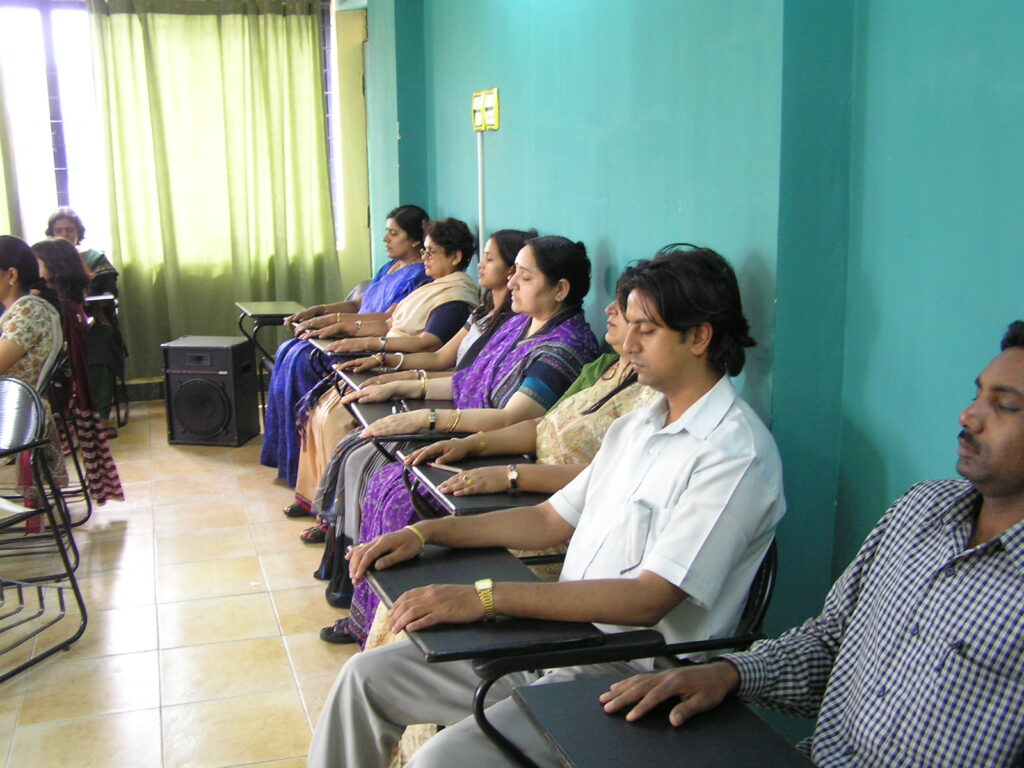
Q: What is the difference between traditional Indian hypnosis and modern hypnosis?
Hypnosis is a state of mind which is physically relaxed, mentally alert and totally focused.
( Most people, in India, treat Hypnosis as a sleepy or unconscious state of mind where they sit down for a limited period of time with someone, to passively solve their problems. This is a mistaken idea about hypnosis.
According to the modern understanding of Hypnosis, ‘Every Hypnosis is Self-hypnosis’. Only theclient can access his/her subconscious mind. The therapist only guides you to access the own sub-conscious mind and communicate with it to make the changes needed.)
Many people are scared of hypnosis and hypnotherapists. They believe that a hypnotherapist can take control of their sub-conscious mind, and unless he releasesitfully and properly, they will continue to be under his control. It is a mistaken understanding of hypnosis. Nobody can take control of your sub-conscious mind. It is your sub-conscious mind; and only you can access it; and you are in total control of it. Unless you reveal it, nobody will know what is in your sub-conscious mind.
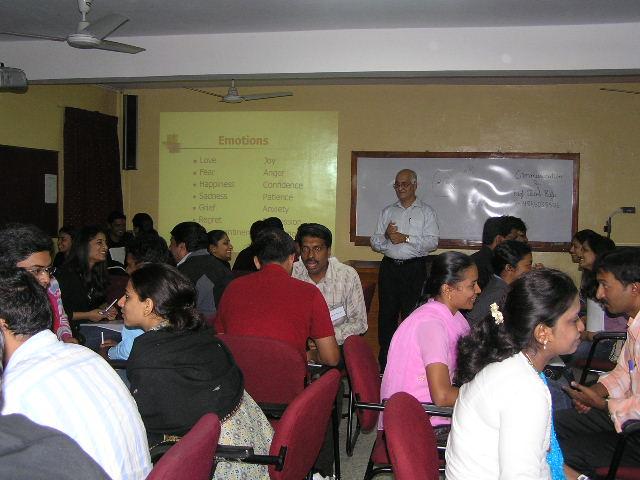
Another important difference is the way the suggestions are given. In traditional hypnosis the suggestion is positive affirmation. If there is a very strong negative pattern already in place, that suggestion will not go in; it will be, immediately, thrown out from the mind. This is what we call the resistance of the subconscious mind. In modern hypnosis, we remove the in-built negativity of the clients, first, and then give suggestion.
The suggestion part, in modern hypnosis, includes positive words, positive images, and positive feelings, which is three times more powerful than mere positive affirmations.
In traditional hypnosis, the therapist is supposed to access the subconscious mind through deep trance, and make the changes. In modern hypnosis, the therapist only guides the clients to access their own sub-conscious mind thought process of the clients.
Q: Message for your readers
All the problems we suffer from, whether it is emotional, relational, or professional, are because of the way we think. When we change our thoughts, our problems will go away. A negative thought that is repeated will become a negative pattern of response and behaviour, or a systemnegative belief. None of us are born with our patterns and beliefs. We acquire them by repetition. We can also change and replace them by the same process of repetition of what we want instead. Gradually, your brain will get re-wired the way you want; and your mind will be on auto-pilot mode, taking you wherever you want to reach. This is self-hypnosis. Practise it every day to achieve success and happiness in everything you do!
Q: How was your experience with Credent TV
Due to my exposure in Credent TV my client base increased. Now I get some enquiries from Gujarat, Bombay, Rajasthan and other Hindi belts. It was for the first time in my life that I was talking on Hindi language-based TV, Credent,that too in English. I was actually not very confident in the beginning. Slowly I regained my confidence, thanks to its team, especially to Sunil. All the best to Credent TV!
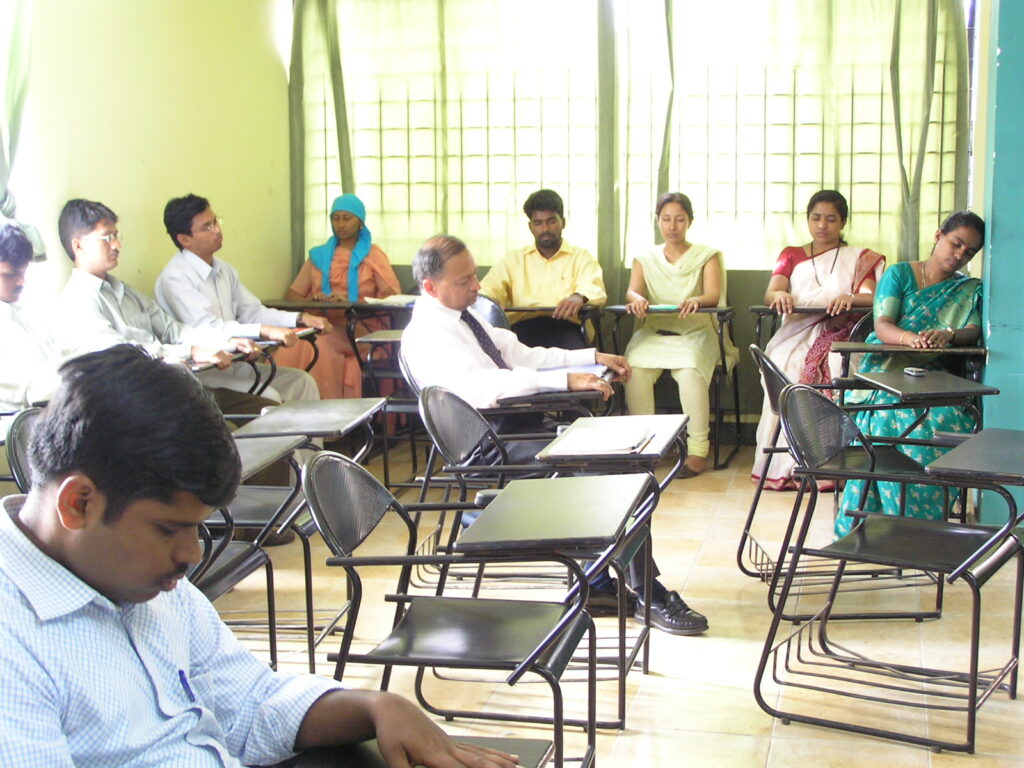
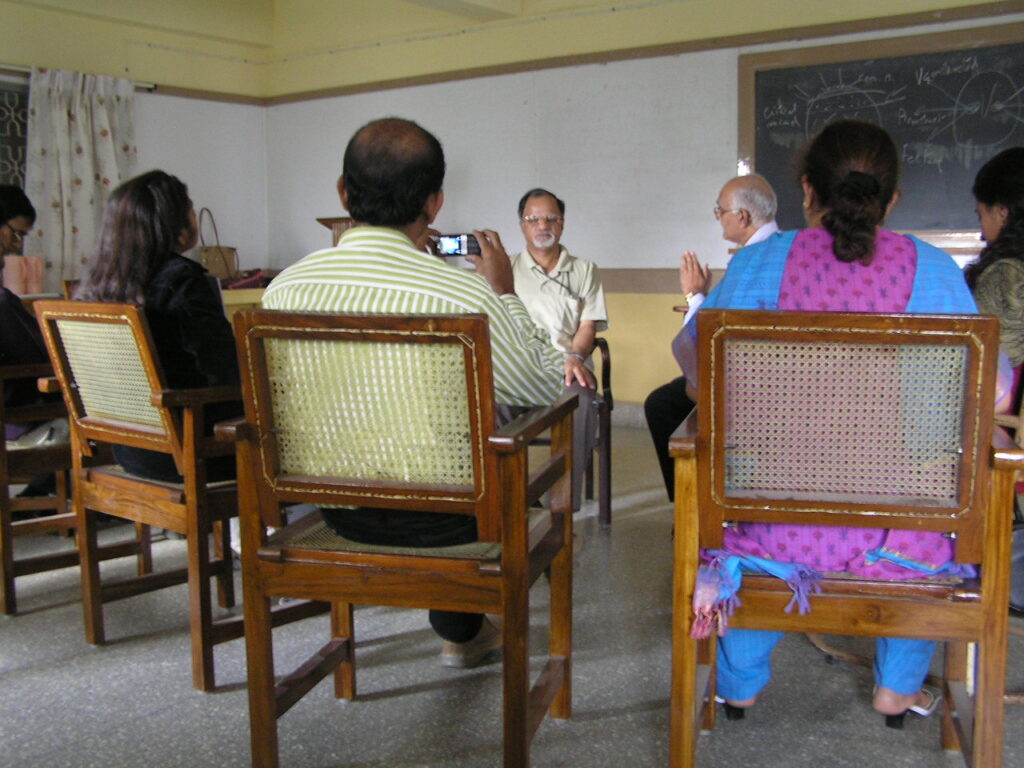
You may like
-
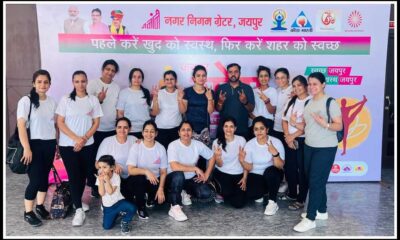

The Nagar Nigam of Greater Jaipur is organising a major festival called the Yoga Mahotsav in 2024
-


Research Links Heart Disease Death Risk To Intermittent Fasting
-


Protect, Preserve and prosper:Go green In DAV Centenary Public School
-
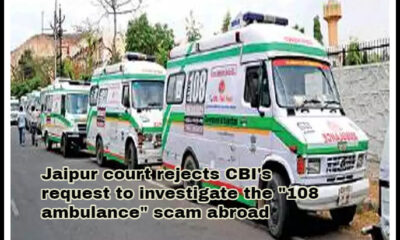

the “108 ambulance” scam
-


High Court declines to the movie Adipurush banned
-


Importance of self care for physical, mental and emotional well-being: Dr Uma S Patil

